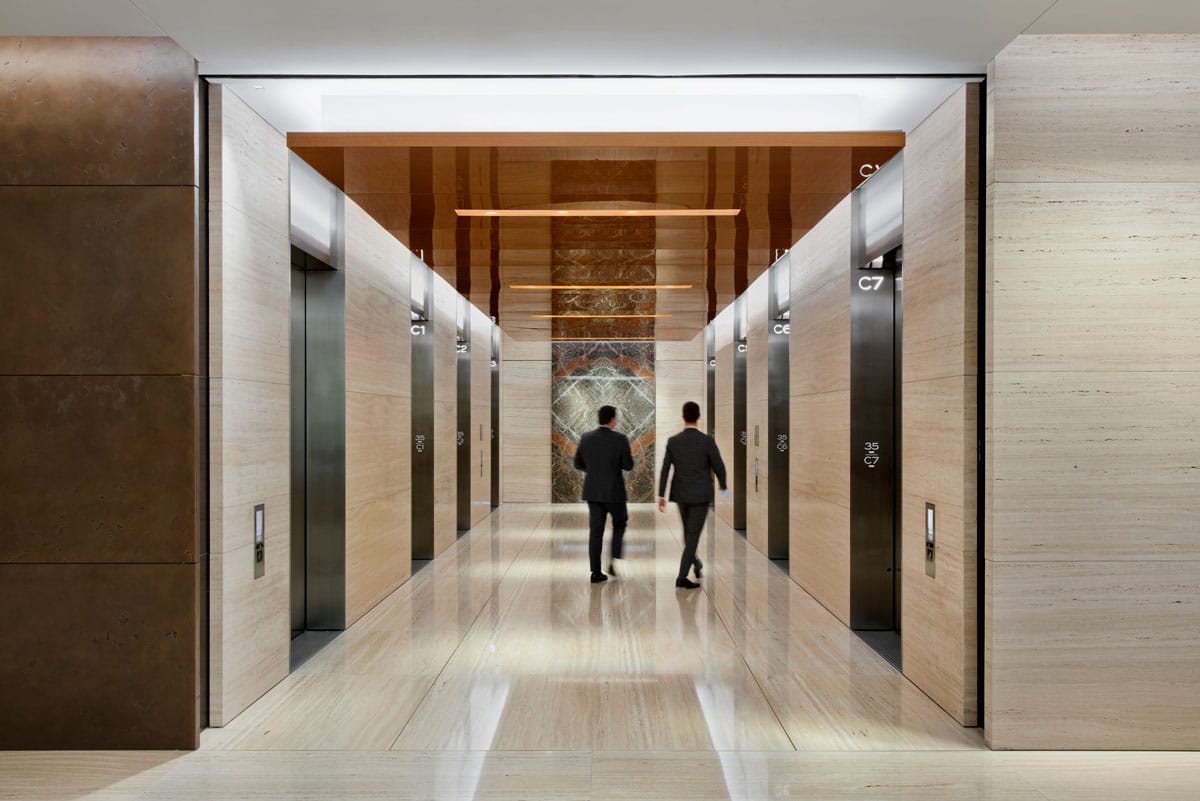How Smart Is Your Building?
Feb 1, 2022

During the last several years when my entertainment options were severely reduced to staying at home, I had friends suggest various television shows I could watch. Their suggestion was always prefaced by, “You have a smart TV, right?” Embarrassed to admit that my two TVs fell into the dumb and dumber categories, I just nodded. I have since upgraded to very smart TVs that now ask me questions like, “Are you still watching this?”
Our Focus this month is on The Future of VT. Having read through the entries, I can easily imagine in the very near future people saying, “You live/work in a smart building, right?” The buildings of the future will do it all. The Internet of Things (IoT) will collect data, analyze it and make sure the elevator is waiting for you, the coffee machine is turned on and the offices have been cleaned and ventilated overnight. They will know you when you walk in, and they will control your atmosphere, lighting, travel and safety. When you are not there, they will conserve energy.
During the worst of the pandemic, people left the cities in droves. But, all predictions call for increased urbanization in the future. Clearly, from now on, buildings will be greener and the systems that go into them will also be more energy-efficient. They will collect energy in the off hours and put it back in the building system. Due to climate change, they may also have to be stronger and more protective of their occupants. At the same time, buildings and elevators will need to be flexible as the occupants move or change their work routines.
We have four articles in The Future of VT focus section:
Global Elevators & Escalators by Andre Kukhnin. The Credit Suisse analyst expects the installed base of elevators and escalators to reach 20 million units this year and estimates 4.5% growth per year until 2030. He has many other interesting thoughts on the growth of OEMs and elevator groups through private equity.
Elevators 2030 — A Global View by Louis Bialy. The author notes that the pace of change is accelerating, and many changes are due to the pandemic. He speaks of green cities and elevators, smart cities, data collection and remote surveillance. He sees urbanization increasing rapidly around the world.
The Smart Readiness Indicator and Lifts by Alper Caliskan. The author notes that, in the future, smart buildings, like the Edge in Amsterdam, will analyze employees’ schedules and maximize efficiency and safety of a building. Buildings will be assessed for their “smart readiness indicator” (SRI).
On the EDGE at Berlin Friedrichshain-Kreuzberg by Undine Stricker-Berghoff. This is a smart office building due to be completed in 2023. KONE has used its high-performance JumpLift in construction. The OEM will install 14 elevators and three escalators, including eight double deck lifts, KONE’s first in Germany.
Our features this month go from Hudson Yards in NYC to London’s Berkeley Street and, finally, to the jungles of Guatemala:
High and Mighty by Mark Zoelle. A new supertall skyscraper in NYC, 30 Hudson Yards is a glass trapezoid with 63 Otis elevators, including two dramatic double-deck units that take passengers to the “Edge” observation deck.
Up to the Challenge by Lindsay Fletcher. Apex Lifts does a full modernization on 50 Berkeley Street while the building is continuously occupied. Apex changed geared to gearless and used Thames Valley destination control.
Joy in the Jungle by Carmen Maldacena. La Lancha Boutique Hotel in the heart of the Guatemalan jungle used Marine Innovations to build an inclined elevator that takes guests to the lakeside and back. During the trip, it traverses many changes of angle.
There is much more to offer in this issue, including two interviews: one with TEI Group’s Ray Downs and Michael Staub and another with Schindler CEO Dr. Christian Schulz. Lastly, we have a Continuing Education (CE) article by David Herres on the Latest Instrumentation for Elevator Diagnostics.
We hope you enjoy our work as much as we do.
Get more of Elevator World. Sign up for our free e-newsletter.









